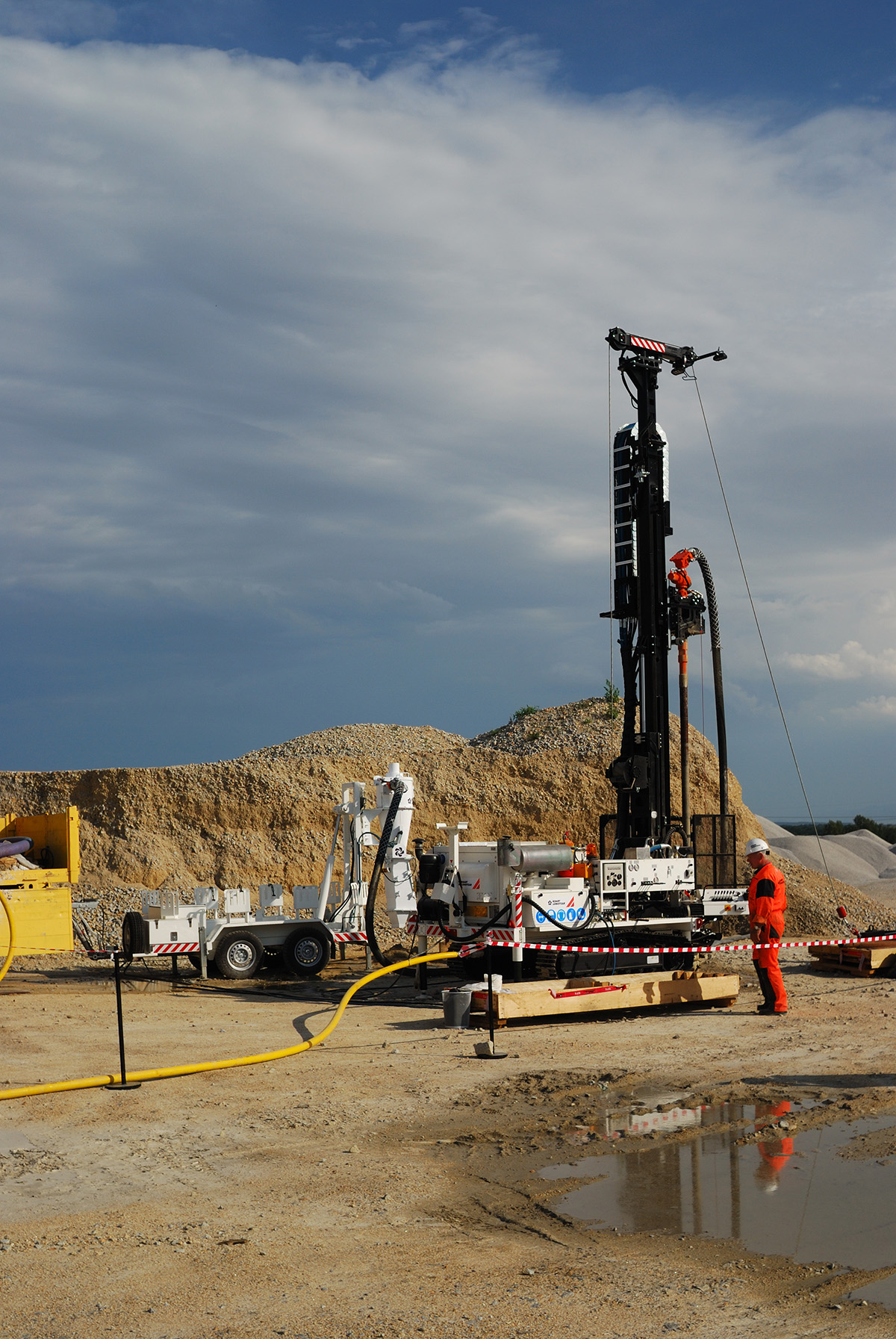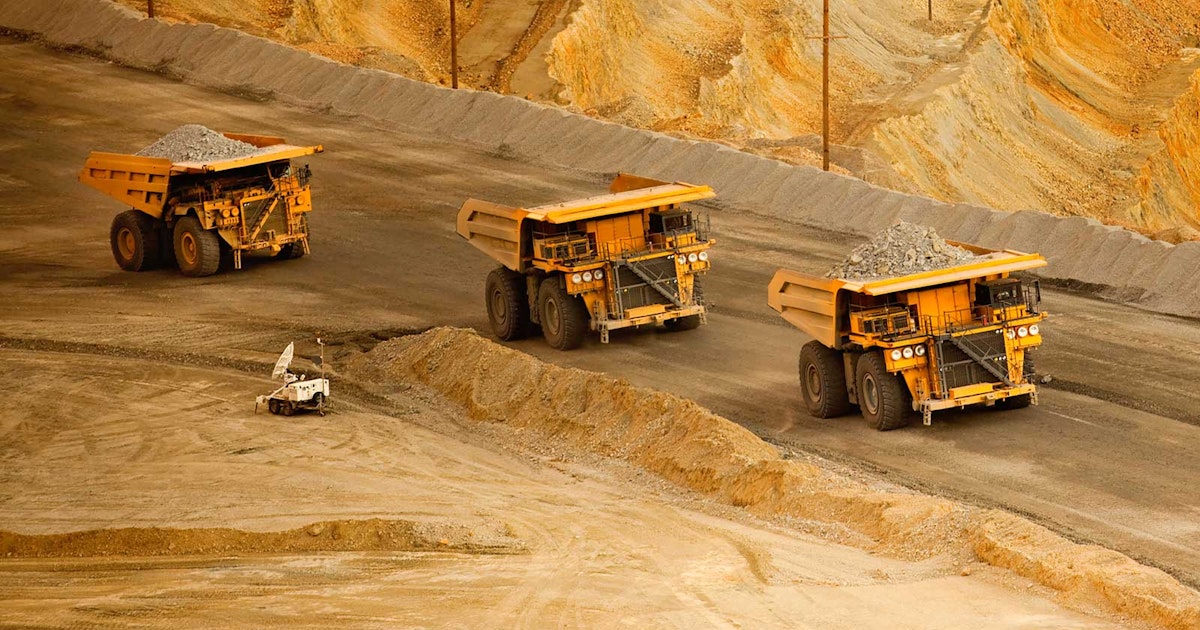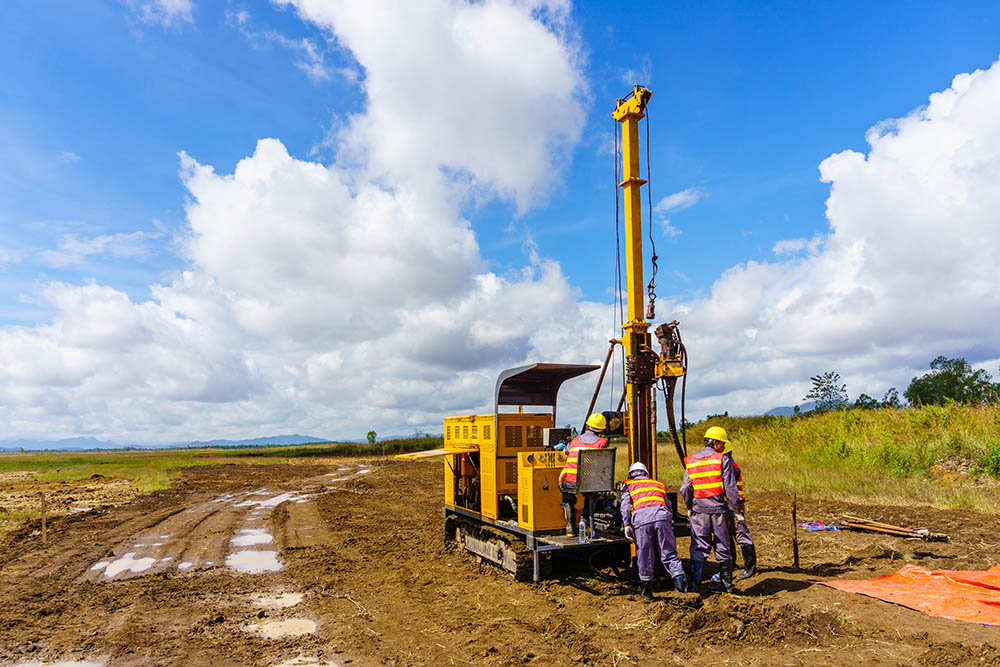Leading Geotechnical Companies in South Africa: That You Need to Know
Leading Geotechnical Companies in South Africa: That You Need to Know
Blog Article
The Value of Geotechnical Engineering in Addressing Ecological Challenges and Enhancing Building Safety And Security
Geotechnical engineering offers as a foundation in the junction of ecological stewardship and building and construction safety and security, offering crucial insights into the actions of dirt and rock under various conditions. By implementing tactical website examinations and customized mitigation measures, geotechnical engineers play an essential function in safeguarding both human lives and environmental honesty.

Role of Geotechnical Engineering
Geotechnical design plays a crucial role in the design and building of framework by attending to the habits of dirt and rock products under numerous problems. This field of engineering is important for comprehending the interaction between structures and the ground, which includes establishing the load-bearing ability of soil, evaluating stability, and predicting potential negotiation or failure.
Geotechnical designers are in charge of performing site investigations, which include tasting and screening dirt and rock to collect information on their physical and chemical buildings. This info is essential for developing foundations, maintaining wall surfaces, and various other earth-retaining frameworks that ensure safety and security and longevity. Geotechnical design notifies the choice of appropriate building and construction approaches and materials, thus minimizing threats associated with soil habits.
Moreover, the integration of geotechnical engineering concepts into metropolitan preparation and environmental administration is essential for attending to challenges such as ground contamination and groundwater monitoring. By recognizing geotechnical variables, engineers can create sustainable solutions that enhance the resilience of framework versus natural threats, while likewise promoting ecological stewardship. Ultimately, the role of geotechnical design is essential for achieving risk-free, resilient, and ecologically conscious construction practices.
Soil Disintegration Reduction
Soil disintegration presents a significant risk to both ecological stability and facilities stability, affecting approximately 24 billion lots of abundant soil lost every year worldwide. This sensation is exacerbated by elements such as logging, urbanization, and bad farming practices. Geotechnical engineering plays a crucial function in creating efficient soil erosion mitigation techniques that guard both the environment and building and construction projects.
One technique involves the execution of disintegration control techniques such as greenery growing, which stabilizes soil via root systems. In addition, the building of keeping walls and balconies can effectively decrease surface area drainage and secure at risk locations from disintegration. Correct drainage layout is also essential; it lessens water build-up and routes excess runoff away from essential structures.
Additionally, geotechnical engineers employ soil stablizing methods, such as the application of geotextiles and biodegradable mats, to boost soil cohesion and stop degradation - geotechnical engineer description. Normal surveillance and analysis of erosion-prone sites enable timely treatments, guaranteeing long-term sustainability. By incorporating these approaches, geotechnical engineering not only minimizes the influences of dirt erosion however also adds to the durability of infrastructure versus ecological obstacles, inevitably fostering a more secure and extra sustainable constructed atmosphere
Groundwater Security Techniques
Groundwater serves as an important resource for drinking water, agriculture, and commercial procedures, making its security important for ecological sustainability and public wellness. Reliable groundwater security strategies are crucial in alleviating contamination dangers and ensuring the durability of this source.

Regular surveillance of groundwater quality is also essential, making it possible for very early detection of contamination resources and promoting prompt removal initiatives. Utilizing sophisticated technologies, such as geophysical studies and remote noticing, help in recognizing prospective hazards to groundwater gets.
In addition, public education and stakeholder interaction are crucial, cultivating area support for groundwater defense efforts. geotechnical companies in south africa. By incorporating regulative measures, technical developments, and neighborhood involvement, we can develop a comprehensive framework that safeguards groundwater resources while promoting sustainable growth and building practices
Landslide Risk Management
Landslides pose significant risks to both human safety and security and facilities, making reliable threat management techniques crucial. Geotechnical design plays a vital function in identifying, examining, and mitigating landslide risks. A comprehensive understanding of slope stability, soil auto mechanics, and hydrology is essential for creating efficient risk monitoring plans.
The initial step in landslide danger administration entails detailed site examinations, that include geological mapping and soil testing. These investigations aid designers assess the possibility for landslides by determining crucial elements such as incline angles, soil composition, and water material. Utilizing sophisticated innovations such as remote noticing and geophysical studies can improve the accuracy of these evaluations.
As soon as threats are identified, proper mitigation steps can be carried out. These may consist of engineering solutions such as retaining wall surfaces, water drainage systems, and slope stablizing methods. Furthermore, keeping track of systems ought to be developed to find signs of ground motion and changes in water degrees, look at here enabling positive interventions.

Enhancing Building And Construction Security
Construction sites typically offer a myriad of risks that can threaten worker safety and project integrity. Geotechnical design plays an essential duty in improving building security by giving vital understandings right into subsurface conditions. Via comprehensive dirt and rock analysis, geotechnical engineers can recognize prospective dangers, such as soil instability, groundwater concerns, and seismic vulnerabilities, which may jeopardize the security of building and construction tasks.
Implementing geotechnical options, such as proper structure design and the use of preserving structures, alleviates these dangers considerably. These remedies not just make certain the security of the frameworks being built yet also produce a more secure working setting for construction workers. Additionally, rigorous monitoring and analysis of site problems throughout the building and construction process are vital. Making use of sophisticated innovations like ground-penetrating radar and inclinometer systems makes it possible for real-time information collection, permitting prompt treatments when dangers are identified.
Additionally, cultivating a society of safety and security through training and adherence to developed safety and security protocols Click Here better improves building site safety and security. By incorporating geotechnical knowledge into the planning and implementation phases, building projects can accomplish higher safety and security criteria, inevitably securing employees and guaranteeing successful project completion.
Conclusion
In verdict, geotechnical design serves as a critical technique in taking on environmental obstacles and advertising building safety and security. With efficient soil erosion reduction, groundwater security methods, and landslide danger management, geotechnical engineers add to the growth of resistant infrastructure.
Geotechnical design offers as a keystone in the crossway of environmental stewardship and building safety and security, supplying crucial insights right into the behavior of soil and rock under numerous conditions. Geotechnical design informs the useful content selection of ideal construction approaches and products, consequently lessening dangers associated with soil behavior.
Geotechnical design plays a critical duty in creating effective soil disintegration mitigation methods that safeguard both the environment and building and construction projects.
Additionally, geotechnical engineers utilize dirt stabilization techniques, such as the application of geotextiles and eco-friendly floor coverings, to enhance soil cohesion and protect against destruction. Via comprehensive soil and rock analysis, geotechnical designers can recognize prospective threats, such as soil instability, groundwater problems, and seismic vulnerabilities, which may jeopardize the safety of building and construction activities.
Report this page